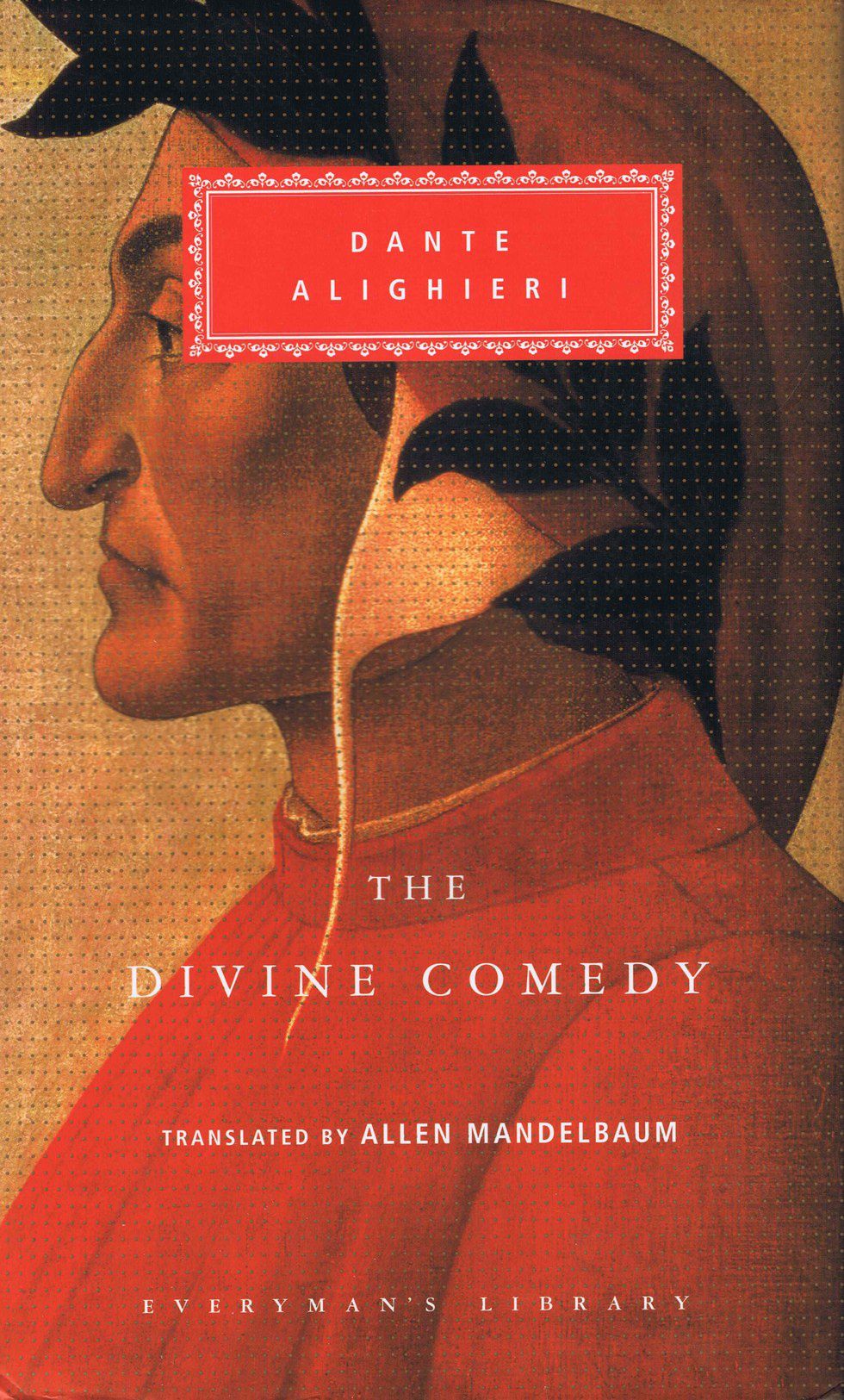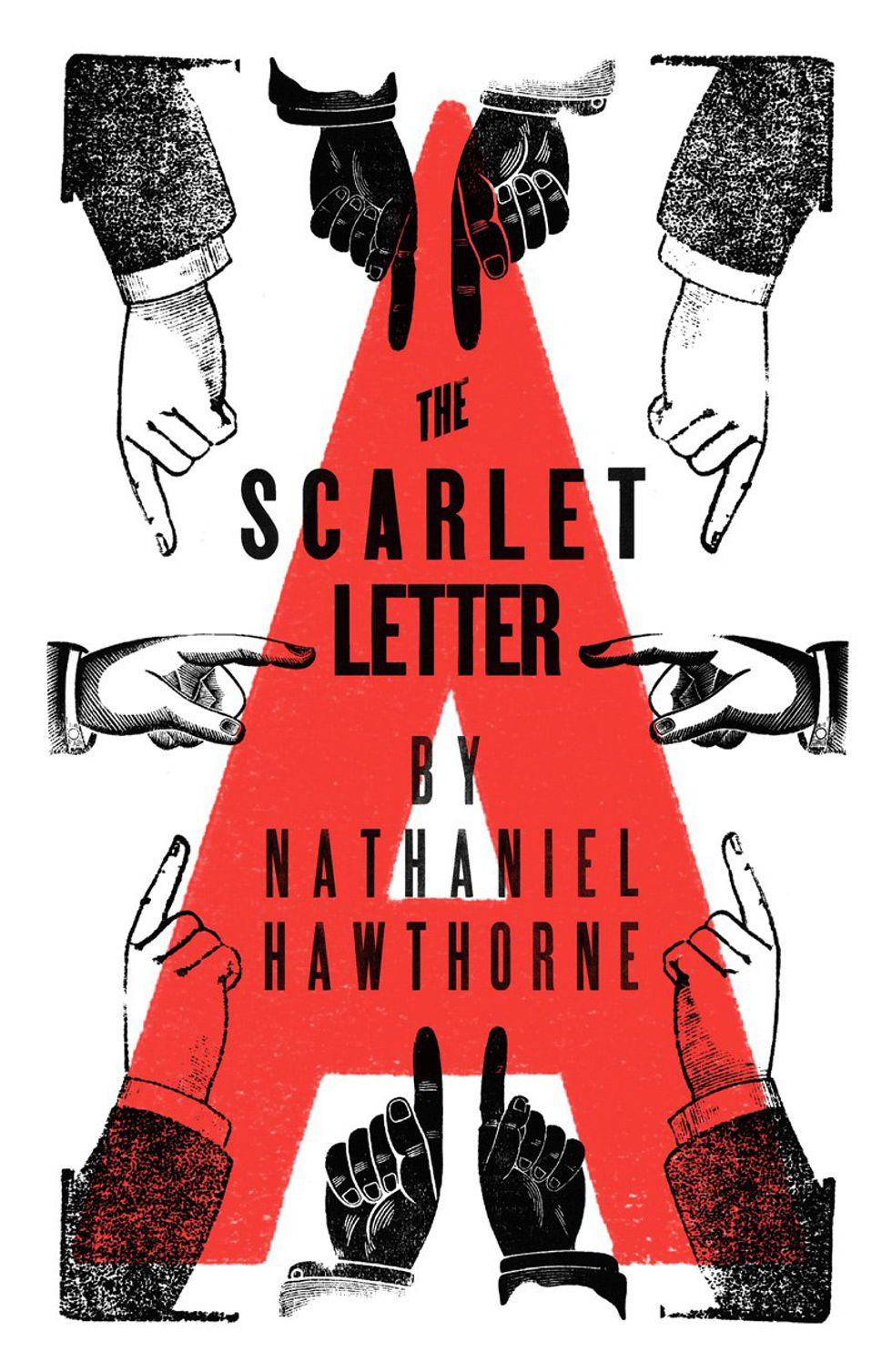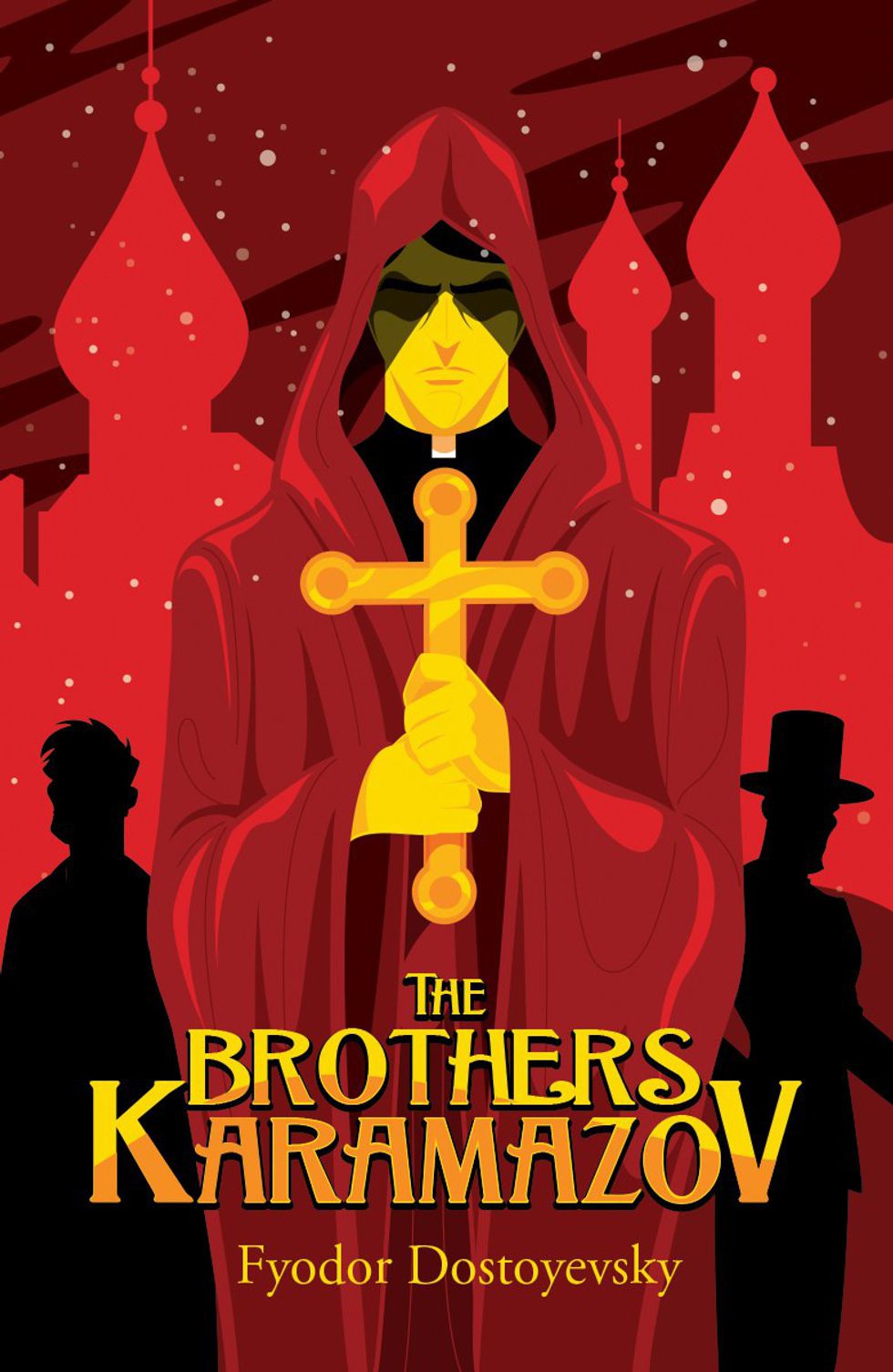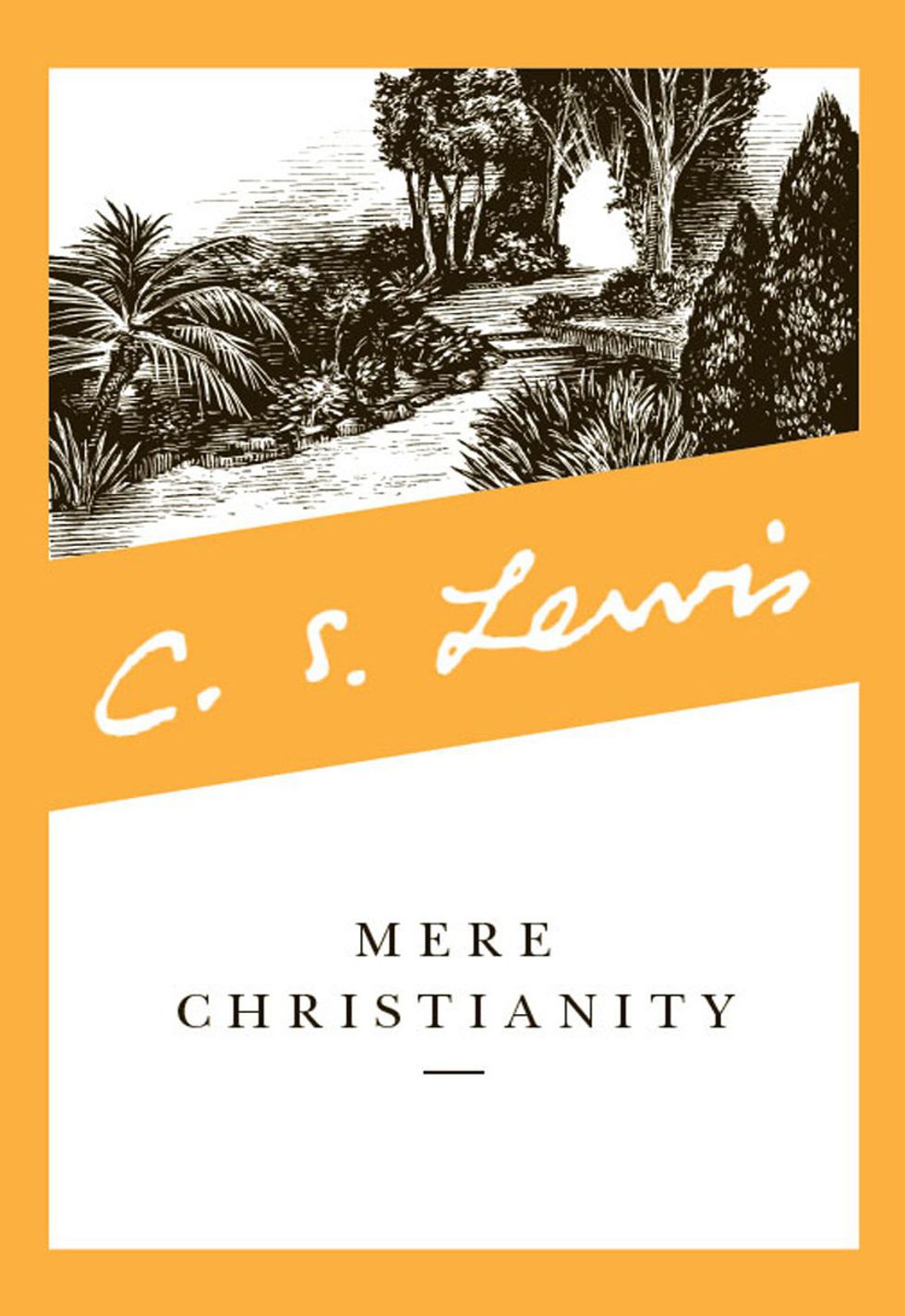I joined the Roman Catholic Church on April 10th of this year, just a little over four months now. In this time my faith and zeal have changed and developed in ways that I could never imagine, mostly because I keep reading.
I fell in love with reading at a young age, and hopefully will never stop. As I have started to dig down deep into my faith over the past year several books keep coming back to me as volumes that shaped and molded my faith. I draw upon St Jerome, the patron of libraries, who is shown studying in the cover photo, as I write this article. Every Catholic should read these five books.
1. The Comedy, Dante Alighieri, 1320
https://vikingsinspace.wordpress.com/2011/10/17/vi...
Dante is perhaps the most well-recognized and -read Catholic authors of all time; The Divine Comedy, especially "Inferno", is the preeminent, non-Scriptural text on eternal life. Many theologians and literature scholars will argue that The Divine Comedy is an allegory of the Sacrament of Reconciliation, also called Confession. They are correct, but very time I have read it, I have seen the interplay of the three theological virtues: faith, hope, love.
Many are familiar with Dante's famous line from "Inferno", "Abandon all hope ye who enter here." Dante struck the nail on the head when writing about Hell. Those souls locked in Hell are completely and totally cut off from God, they are frozen in their state of unbelief. This is why Dante pictures Hell, not as a lake of fire and brimstone, but rather a pit, made cold by Satan himself. Hope is a virtue of expectation, that things will be better, but this cannot exist in Hell, there is no action that can rescue souls from Hell, to be in communion with God. In Hell there is no hope.
As Dante travels through Hell, he comes next to Purgatory. "Purgatorio" is perhaps the most underrated third of The Divine Comedy. Just as souls were told to abandon hope to enter Hell, so too must they abandon faith in Purgatory. This view, though not explicitly stated shines through in some of the first lies of the text. God instilled in us a natural born reason, the ability to gather evidence and make decisions, but there will always be decisions we must make without enough evidence, for no good reason, and without the ability to abstain. In these instances we must go on faith. Staking our existence on God is one of these decisions. In "Purgatorio" Dante describes new souls coming to Purgatory and not knowing what to do, trying to reason their way into their situation. Cato, the gatekeeper, tells them to get up the mountain to Heaven, and berates them for waiting. In Purgatory there is no need for faith, God is at the top of the mountain, all the souls need to do is start climbing.
Lastly, "Paradsio". The Divine Comedy is dedicated to Dante's late-beloved: Beatrice. When Dante finally comes to the wall of fire separating Purgatory and Heaven Beatrice, already in Heaven, passes through, but he is scared he will be burned, scared he will not be good enough. After some encouragement he finally passes through, unscathed. When he finally enters Heaven he begins to understand love, the last and greatest of the theological virtues. The least inadequate definition of God is that He is love, Heaven, then, is a place in which only love reigns. Love that unites and strengthens all things, love that fills the souls, love that merely is. St Paul said that love was the greatest of the theological virtues, Dante had to see the entirety of the afterlife to understand this.
2. The Scarlet Letter, Nathaniel Hawthorne, 1850
http://kathleentamboer.com/book-collection-app/T.h...
The Scarlet Letter may seem strange on this list, after all, it was written by man shaped by Puritanism and the theology of John Calvin. However, in The Scarlet Letter very catholic views of sin and guilt come through. In the novel, Hester Prynne is publicly forced to admit her adultery and ostracized from society by having to permanently wear a scarlet "A", for adultery, as punishment for her sin. She must also raise a daughter, Pearl, who was born from her affair. Hawthorne does not delve into questions on morality in her actions or preach on the need to live an upright life. No, he does something completely different.
Hawthorne presents how sin, specifically Hester's adultery, affects herself, her cild, her husband, and the town, especially the town minister: Arthur Dimmesdale. Throughout The Scarlet Letter, Hester works to rebuild her name and reputation, eventually turning her scandalous "A" into a strong "A" for Able. Dimmesdale cannot imagine how a woman who so obstinately and publicly broke God's law could receive forgiveness, could receive salvation.
Every person has these same questions at some point in their life, asking how they can be reconciled to God and to Man. When we delve into these ideas a simple truth emerges, that anyone can be saved from their sin, can be plucked from he fires of Hell, can stay with God, as long as they ask to. As St Matthew the Evangelist writes, "Ask, and it shall be given you; seek, and ye shall find; knock, and it shall be opened unto you: For every one that asketh receiveth; and he that seeketh findeth; and to him that knocketh it shall be opened."
3. The Brothers Karamazov, Fyodor Dostoyevsky, 1879-80
http://mikemahle.deviantart.com/art/The-Brothers-K...
I must admit that The Brothers Karamazov is the only book on this list I have not read in its entirety I am currently reading it, and being a Russian novel it is slow going. I started reading about it after hearing about it again and again from many different sources for two weeks. It seemed that everywhere I looked I heard it, and not just as a good book, but as a good book for faith.
From what I have gleaned and read The Brothers Karamazov revolves around what it means to be good, and more importantly, what it means to be bad. Humans like opposition and equilibrium, we like asking how good and bad interact, and every time we explore this a timeless question pops up: What is God's response to evil in this world?
I remember the first time I was asked this question: I attempted to answer, and gave a decent argument against the existence of evil, but rather an baseness of God, in doing this I thought I nullified the question, but what I truly did was pass on the question. I was asked again, and had no response. The priest who had asked me, a very dear friend and mentor of mine, looked mean the eye and said, "God's response to evil is Christ."
This answer completely blew my mind, and I have been mulling over it for months now, especially while reading The Brothers Karamazov. Christ is God incarnate, made flesh, who offered himself as a sacrifice for our salvation, in order to satisfy the wrath and justice of God. The evil in this world has already been, is, and always will be met by Christ.
4. Mere Christianity, C.S. Lewis, 1952
http://www.sojourncounselingcenter.net/blog/2014/7...
From 1942 through 1944, at the height of the Second World War, C.S. Lewis, of Narnia fame, was asked to write a series of radio talks outlining and defending Christianity. These talks were intended to strengthen the moral and religious fiber of the United Kingdom, and to provide some peace and comfort to the Home Front.
Lewis's attempt was not to start an argument or public debate on Christianity but rather to present the foundations and fundamentals of faith that all Christians share, exploring virtue ethics, Jesus' christology, full atonement, and moral law. It is, without a doubt, the most concise and best written book of Christians apologetics ever written.
Reading catechism, while important and the best way to find the official since of the Church, is boring and hard to follow for new and inquiring minds. Mere Christianity is a personable and comprehensive look through the Christian faith that, at least in my opinion, should be given out free of charge to al who claim Christ as their own.
5. The Alchemist, Paulo Coelho, 1988
http://vergecampus.com/2015/10/10-quotes-from-the-...
Lastly on the list is a book that has rung familiar in the minds of the Western World for almost three decades. The Alchemist is Paulo Coelho's famous, timeless and classic look into destiny and personal story. If you are not familiar with the book, then you will likely be familiar with its oft-quoted and -repeated quotation: "When you really want something to happen, the whole universe will conspire so that your wish comes true."
I remember reading this book for the first time when I was fifteen. It was assigned as summer reading for my tenth grade Honors World Literature class. I devoured it. I read it twice in a day, and agin once more before school started. My faith was just starting to branch out, I was becoming more devout. I thought this book would be silly, mumbo jumbo, but I found a story about personal destiny that has been true since the dawn if time.
It may be easy to think that the world will hand you what you want or it will not, to view God as a wish granting fairy, many people do. However, that is not how the world works, and that is not who God is. Anything that we receive in life must be worked for, we cannot sit idly by and let whatever happens to us happen without action. We cannot be passive. This includes our salvation.
In Protestantism there are two camps: Calvinism and Arminianism. Predestination and Free-will. Calvin argued that nothing we can do can affect our salvation since it is given to us by God, he said (very simply put) that either you go to Heaven or Hell, and there is nothing you can do about it. Arminius argued that it is a personal choice whether we go to Heaven or Hell, saying (again, very simply) that our God-given reason, rationality is the only factor deciding our salvation. Both beliefs miss the point entirely.
True, our salvation is directly given to us by God, but it is choice of what we do with it, but cannot be made without aid from God, without recognition in the Divine Incarnation that is Christ. Our destinies are funny things, a mix of our own decisions and others', but in the end we are all destined for life with Christ, for love.
These five book have shared, she, and will shape my life as a Catholic. While my expression and understanding of my faith has changed drastically over the nineteen years I have been on this Earth, and I expect it to change even more over the next ninety, one thing has not changed: My knowing that God is real, that my faith is real. With any luck, these books will still be as important to me in the distant future as they are to me now.
May God bless you and your faith.


























